Description
Olja Savičević
Translated by
Andrea Jurjević
ISBN: 978-1-944884-38-3 (pbk.)
170 Pages: $16.95
September, 2018
Order from Small Press Distribution
This collection by poet, novelist and dramatist Olja Savičević, one of Croatia’s most important contemporary voices, is the first of her books of poetry to be translated into English, following the critical acclaim for her novel, Adios Cowboy (Adio kauboju). Mamsafari is a woman’s expedition into contemporary Mediterranean culture, a collection of prose poems that meditates with vivid imagery and narrative on family, identity and politics of the Balkans.
“Mamasafari,” the second section of the book, continues in the vein of observation and political commentary (particularly the problematic history of the poet’s native Balkans), yet this time in a more lyrical manner, and this time with the poet’s eye lovingly scrutinizing and exploring family life. The speaker braids the experiences of being a mother, a lover, and a child, at times playing the three roles at once. This is a journey into what it means to be a woman.
The third section, “Soundtrack for Blind Passengers,” contains more poeticized and metaphorically-complex work. These poems are thematically varied, and they solidify a sense that Mamasafari represents an expedition, as seen from female experience—first an expedition abroad, then among the speaker’s identities, and finally to some truly distant, fictional destinations.
Praise for Olja Savičević and Mamasafari
Olja Savičević’s writing is savage; whether she is sharpening truths against “35 Years of Lies” or simply recalling a domestic scene where she suddenly unleashes: “Motherhood is self explanatory and useless like fireworks,” her poetry drives the familiar into a state of uncanny. “Why would I eat paper, when I could write on it? So much about that kind of love.” That “kind of love” in Mamasafari is a hunger that cuts just deep enough to astound.
—Megan Burns, author of Basic Programming
Olja Savičević’s poems and prose-poems tackle everything from the Devil to Pasolini, blue shoes to bicycles, the Bossa Nova to family portraits, and a precisely rendered sequence on Istanbul. Savičević is like the love-child of Carolyn Forche and Caesar Pavese: she possesses Pavese’s eye for street-life and grit in the cities she travels (both inside and out), and yet she imbues that portraiture with Forche-like notions of the poet as witness. Andrea Jurjević’s fine translations wrought in American-inflected-English present a Savičević who captures the rhythm of life that bends beneath the weight of history and isms to find the tiniest details that sing and resist. For, as she tells us: “The butchers will be behind bars, the ground that trembles will grow calm, but the deep satisfaction we call justice won’t come. Still: there’re many pleasures, that’s what’s worth focusing on.”
–Sean Thomas Dougherty, author of The Second O of Sorrow
These sensual and at times surreal poems are filled with Middle Eastern and Balkan images of minarets, hookah bars, brothels, baklavas and kebobs, so that one would wish to fly to this “mystical land” on a kilim but for the terror and war that haunt the region’s past and seep into the present.
—Biljana D. Obradovič, editor of Cat Painters: An Anthology of Contemporary Serbian Poetry
Olja doesn’t write for the critics. After you read the collection’s first section, in which the speaker spends a month in Istanbul, you will quickly understand why she writes. By observing the colors, scents and sounds, the crowds in this foreign land, the chairs, windows and rooms, inside which she observes herself, observes the process of observation, Olja follows the primal need for writing, gains an understanding, and captures that which is elusive. In her poem “Listanbon,” which is a city that sometimes appears in Olja’s dreams, a fusion of Lisbon and Istanbul that flickers between reality and dream, between life and death, Olja captures the chorus of the street singer under the window: “Dying before death isn’t the hardest thing, it’s wanting to live after that, that’s the hardest, wanting to live after that.” Olja’s poems invoke a conjured city you won’t find in travel books. You might think that as such, this city might mean little to you, except these poems carry impressive descriptions of the physical world, and they brilliantly capture the spirit of a place.
— Ivana Bodrožić
Olja Savičević again brilliantly integrates prose fragments and reflexive lyric poetry. Let’s cut to the chase: the author has long ago masterfully created her own subgenre, yet this time she has written an unusually strong, touching, beautiful and passionate book, the best one so far. Regardless of how we try to classify these texts—travel-bits, prose poems, lyric panoramas, micro essays, song-stories, or something else—the fact is there are more lyrical, pure-blooded, no-holds-barred poetic and poetically courageous choices than in ninety-nine percent of the Croatian verse production.
— Marko Pogačar
Mamasafari by the acclaimed writer Olja Savičević is a fantastic poetry collection, devoid of empty ramblings and banality, a book which should not be read because we’d simply like to stay current with contemporary poetry but, simply, because of its pleasures.
— Robert Perišić
Praise for Adios, Cowboy:
“In Dada’s wild amalgam of quest story, social satire, and comic shtick (plus a surreal film-shoot scene featuring cowboys), you won’t catch Savicevic offering tidy diagnoses. You won’t care, thanks to prose that glints like the sea in the distance.”
—The Atlantic
“‘Memory is the present of all remembered events,’ reflects the protagonist of this droll slice-of-life story, expressing the personal sense of stagnation she experiences upon returning to her childhood home in a remote Croatian village. Dada is newly returned from Zagreb to ‘the Old Settlement,’ hoping to put a pointless love affair behind her and to care for her aging mother, and she finds the routines of the locals and her grown-up childhood friends little changed from how she remembers them… As depicted by Savičević, Dada is a resilient woman whose appreciation of the absurdities of her life allow her to carefully navigate them. Her experiences make for an intimate character study.”
—Publisher’s Weekly
“The publication of this dazzling, funny and deadly serious novel will bring nourishment to readers hungry for the best new European fiction, and to those wondering where the new generation of post-Yugoslav novelists are… It shines… with the help of a flawless translation from Croatian by Celia Hawkesworth… With this novel, which lodges itself in your chest like a friendly bullet, a glorious new European voice has arrived.”
—The Guardian
“Savičević, who was born in 1974 and grew up with the war… belongs to a lost generation. This novel, which appears to be an account of a personal quest, is about so much more… The humour and sheer anarchy of the action combined with the comic exasperation, unforgettable characters and Dada’s wry acceptance of the way life happens to be, make this subversively appealing novel all the more profound; even, unexpectedly, beautiful.”
—The Irish Times
“Savičević tells her story in highly poetic, sensual language aglow with wondrously incandescent images.”
—Berliner Zeitung
“Weaves together past and present in a devastatingly consequential way, full of ghosts, regret, and Dada’s always poignant self-examination… When the prose lands… it’s reminiscent of Renata Adler or Lorrie Moore: breathtakingly brilliant with comedy made especially sharp through ubiquitous, underlying tragedy.”
—The Rumpus
“An accomplished debut novel… Savičević may employ conventional narrative modes—the detective story, the mock western, the email correspondence—but she always uses them as vehicles to further a subtle sociological inquiry that is woven into the novel’s language itself.”
—Words Without Borders
“A wild ride through the dusty streets of a coastal city in Dalmatia; clouds of memories are stirred up and verbal hot lead fills the air. The dust settles to reveal a subtle and cleverly crafted family story, which revolves around a pervasive past waiting to be addressed.”
—Wortlandschaften
“Wonderfully direct and breathtakingly vulgar… This mosaic of memories and the present, jottings and letters, makes a fascinating reading experience full of vivid impressions, sentimental truths and satirical insights into life in all its depravity.”
—Blog Bücherwurmloch
“Adios, Cowboy is not the kind of book that is published every day in Britain or America.”
—Globus

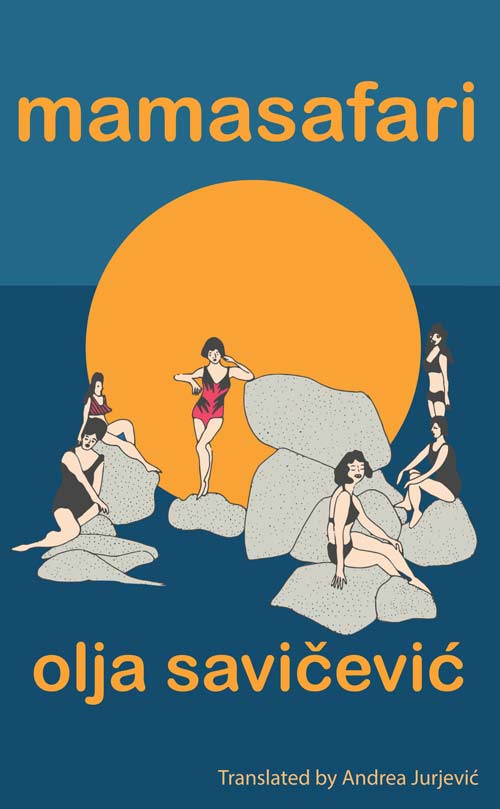


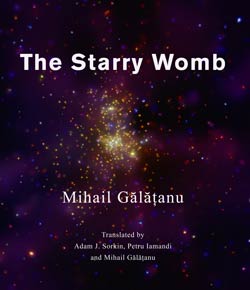
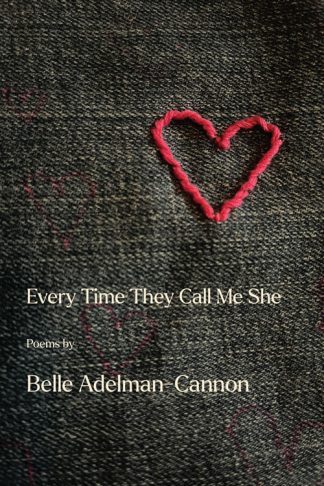
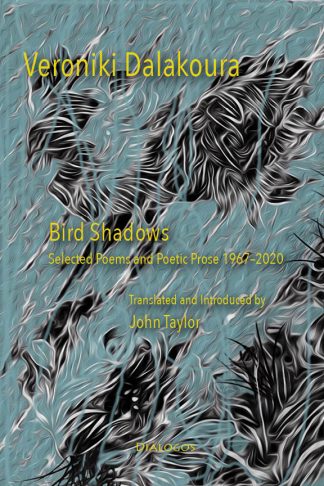
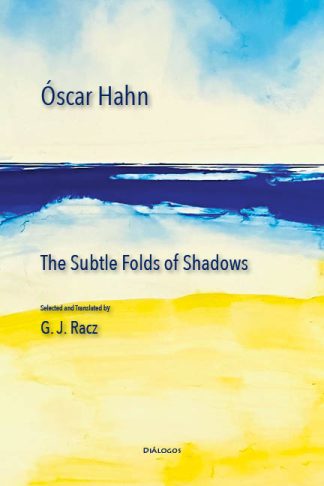
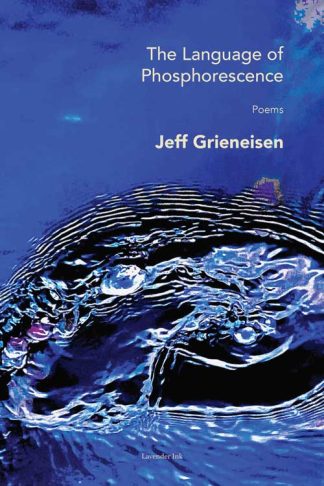
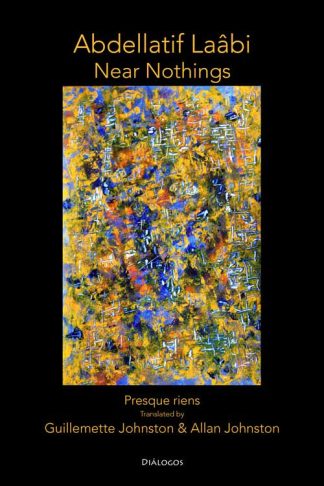
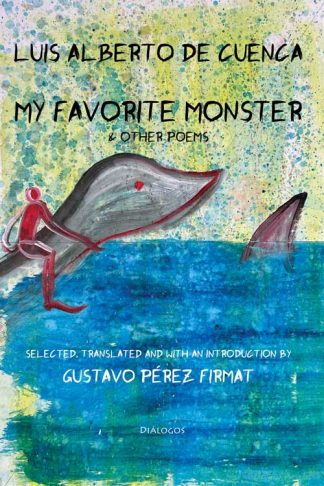
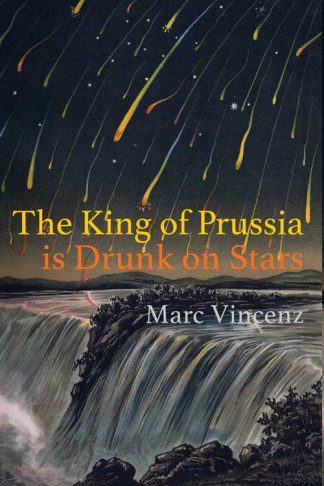
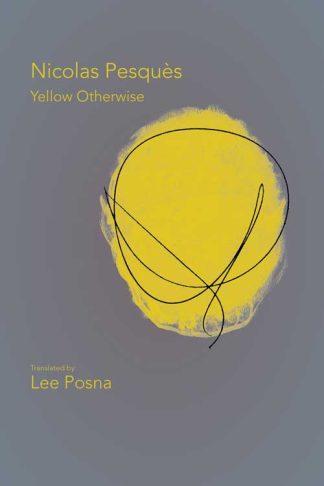
Reviews
There are no reviews yet.